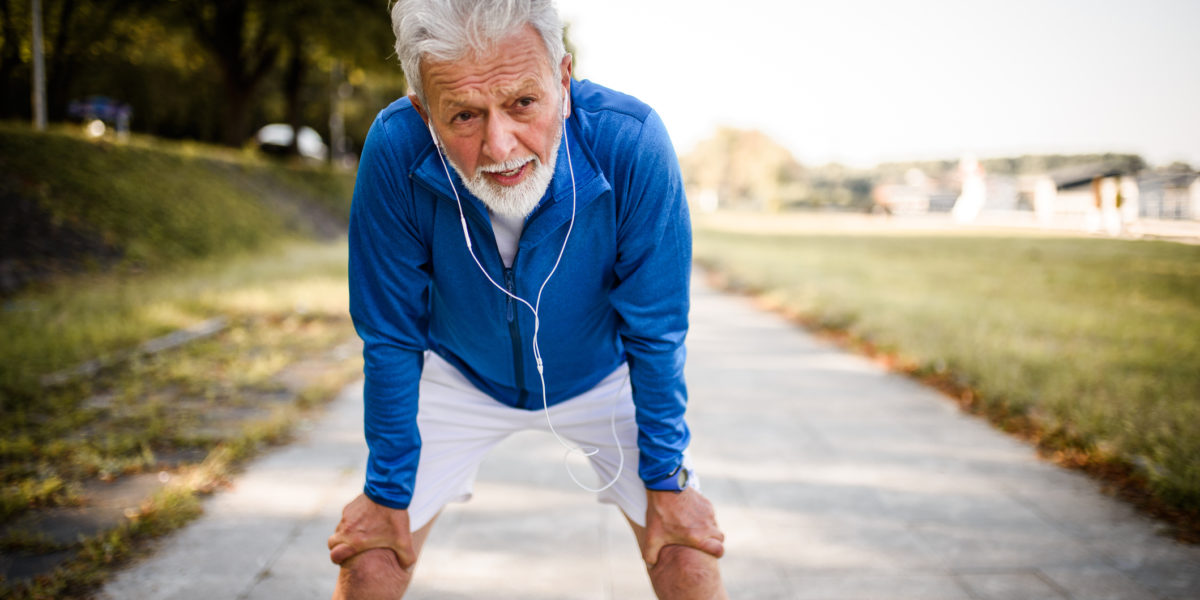4 Things to Know About Lung Cancer Screening

For some people with the higher risk for lung cancer—people age 50 and older who are or were heavy smokers—screening may find some cancers early, before a person has symptoms and when treatment may be more likely to work.
1. Who should be screened for lung cancer?
Lung cancer screening is recommended for people age 50 and older who are or were heavy smokers. That means people with a smoking history of at least 20 “pack years.” A pack year is a way to measure how heavy a smoker you are or were.
To figure out your pack years, multiply how many packs a day on average (assuming 20 cigarettes per pack) you have smoked by how many years you have smoked. For example:
- If you smoked one pack a day for 20 years, that’s 1 x 20. So you have a smoking history of 20 pack years.
- If you smoked two packs a day for 10 years, that’s 2 x 10. So you have a smoking history of 20 pack years.
Experts agree that screening is for people who have a high risk of lung cancer. But experts don’t agree on what “high risk” means. Some say people age 50 or older with at least a 20-pack-year smoking history are high risk. Others say it’s people age 55 or older with a 30-pack-year history.
To see if you could benefit from screening, first find out if you are at high risk for lung cancer. Your doctor can help you decide your lung cancer risk.
2. How is lung cancer screening done?
Lung cancer screening is done with a low-dose CT (computed tomography) scan. A CT scan uses X-rays, or radiation, to make detailed pictures of your body. Experts recommend that screening be done in medical centers that focus on finding and treating lung cancer.
3. What happens after screening?
The results of your CT scan will be sent to your doctor. Someone from your care team will explain the results of your scan and answer any questions you may have. If you need any followup, your health care provider will help you understand what to do next.
After a lung cancer screening, you can go back to your usual activities right away.
A lung cancer screening test can’t tell if you have lung cancer. If your results are positive, your doctor will need to order more testing to tell whether an abnormal finding is a harmless nodule, cancer or something else.
4. What can you do to help prevent lung cancer?
Some lung cancers can’t be prevented. But if you smoke, quitting smoking is the best step you can take to prevent lung cancer. If you want to quit, your doctor can recommend medicines or other ways to help.
Follow-up care is a key part of your treatment and safety. Be sure to make and go to all appointments, and call your doctor if you are having problems. It’s also a good idea to know your test results and keep a list of the medicines you take.


